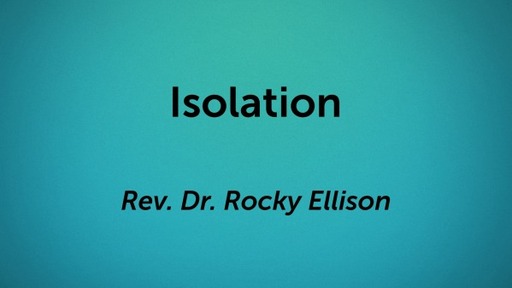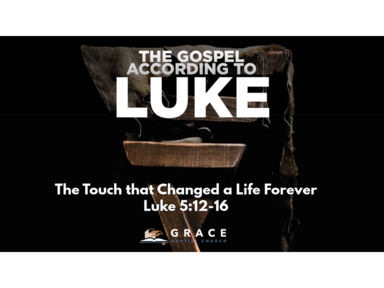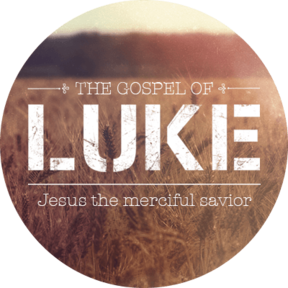Luke 5:12-16
Introduction
Guidelines regarding Skin Diseases according to the Bible
• The skin diseases are detailed in Lev 13. If it is a new infection, the person is to be put in isolation for seven days, followed by an additional seven days if no change has occurred. If there has been no change in the infection after 14 days, the person is considered to be clean. If there has been any change, the person is considered unclean until the infection disappears (and thus indefinitely).
• Response to having a skin disease. The priest’s role is significant, as shown in Lev 13 where 11 instances of “he shall pronounce him unclean” and seven instances of “he shall pronounce him clean” occur. A mention of a person being clean or unclean without an announcement of the priest’s pronouncing it is rare. (The word translated as “leprosy” is also used for clothing, and thus may refer to some sort of mold).
• Required actions of one pronounced unclean. The diseased person must live alone outside the camp, wear torn clothes, keep his or her hair disheveled, cover his or her upper lip, and cry out “unclean, unclean” (Lev 13:45–46).
• In order to be considered clean, the person must go to a priest. The official cleanliness ceremony includes cleaning of clothes, shaving of hair, and a ritual cleansing. Additionally, at least one lamb—if the person was too poor for multiple lambs, birds could be used as a substitution—and flour and oil must be given as an offering (Lev 14).









